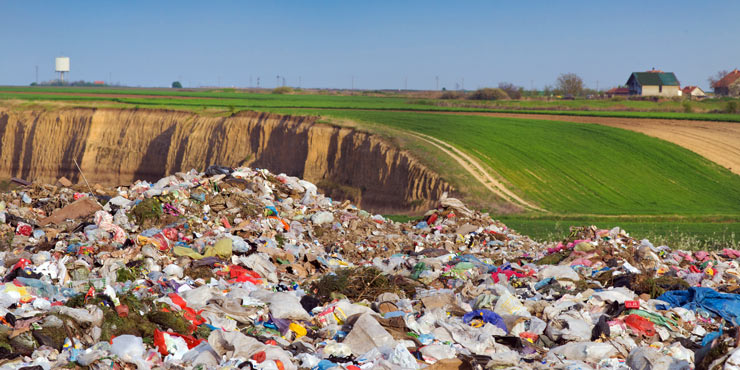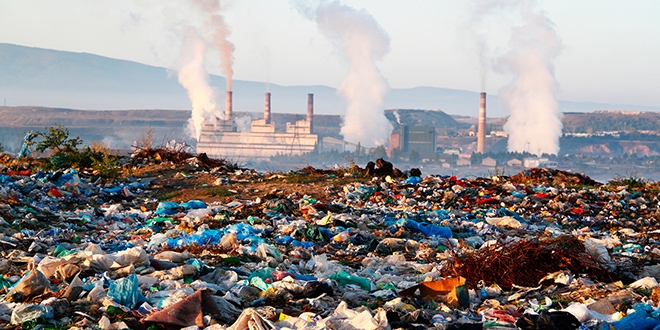How often should you take out the rubbish? There is no one answer to this question as it depends on many factors, such as the size of your household, how much rubbish you generate, and whether or not you have recycling facilities. However, we can give you some general guidelines to help you make the best decision for your situation.
Different Types of Rubbish Removal:
There are four main types of rubbish: general waste, recyclables, green waste, and hazardous waste.
- General waste is the most common type of rubbish, including food scraps, packaging, and paper.
- Recyclables are materials that recycle, such as glass, plastic, and metal.
- Green waste is organic matter that can be composted, such as garden clippings and food scraps.
- Hazardous waste is material that risks human health or the environment, such as batteries, chemicals, and paint.
How Often Should You Take Out the Rubbish?
Removing the rubbish is important to keep your home clean and tidy. But how often should you do it? There is no set answer, as it depends on how much rubbish you generate and how much your bin gets. However, most experts recommend removing the rubbish at least once a week.
If you have a small household and don’t generate much rubbish, you can get away with taking it out less frequently. However, if you have a large household or produce a lot of waste, you may need to take it out more often. Whatever frequency you choose, stick to it, so your home stays clean and tidy.
Consider hiring a professional Rubbish Removal Sydney Load N Go company to come in and do the job for you regularly. Either way, making sure that the rubbish is removed from your property daily is essential for maintaining a clean and safe environment.
What to Do With Your Rubbish:

When it comes to rubbish, there are a few things you can do to make sure you’re disposing of it properly.
- First, you should always check with your local waste management authority to determine their rules and regulations. Depending on where you live, certain items may not be disposed of in your regular trash can.
- Second, try to recycle as much as possible. Many items, such as paper, plastic, glass, and metal, can be recycled.
- Third, if you have any hazardous materials that need to be disposed of, make sure to do so safely and according to the proper procedures.
- Finally, always clean up after yourself when disposing of rubbish – no one wants to see your mess.
Things to Avoid With Your Rubbish:
There are a few things you should avoid placing in your rubbish bin, as they can be harmful to the environment or pose a risk to public health. These items include:
- Hazardous materials: chemicals, oils, paint, batteries.
- Electronic waste: such as computers, TVs, printers.
- Large items: such as furniture or appliances
- Construction waste: such as bricks, concrete, lumber.
If you have any of these items that need to be disposed of, don’t hesitate to contact your local municipality for information on how to dispose of them properly.
When Should Garbage Be Covered With a Tight-Fitting Lid?
A million-dollar question How often should you take out the Rubbish? It is important to cover your garbage can with a tight-fitting lid to keep pests out and prevent odours from escaping. If you have an infestation of pests, such as cockroaches or rats, covering your garbage can will help to eliminate their food source and reduce the population. Additionally, keeping your garbage can covered will help prevent odours from escaping, which can attract more pests to your home.
Alternatively, you can reduce the amount of rubbish you need to dispose of if you have access to recycling facilities. Whatever frequency you choose, make sure that you stick to it. A build-up of rubbish can be both unsightly and dangerous, so it’s important to keep on top of it.
How often is the Waste Container Emptied?
People wonder about How often you should take out the Rubbish? The frequency of waste removal depends on the type and amount of rubbish produced. For example, general household waste can usually be taken out once a week, while construction materials or large items may need to be removed more frequently.
As a general rule of thumb, households should aim to take out the rubbish at least once a week. It will help to keep your home clean and free from pests. If you have a larger household or generate more rubbish, you may need to take it out more frequently.
Problems Caused By Garbage:
Most people ask How Often Should You Take Out The Rubbish? It’s no secret that garbage can cause problems. It can attract pests, create foul odours, and make it difficult to keep your home clean. But did you know that garbage can also lead to serious health problems?

Garbage can contain harmful bacteria that can cause food poisoning or other illnesses. If not properly disposed of, it can contaminate groundwater and soil, leading to health problems for people who come into contact with it.
In addition to causing health problems, garbage can also cause environmental problems. When left in landfills, it produces methane gas, a greenhouse gas contributing to climate change. It can also pollute air and water when burned.
So what can you do to reduce the problems caused by garbage? First, make sure you dispose of your garbage properly. Second, reduce the amount of waste you generate by recycling and composting as much as possible.
Take Out the Rubbish Every Day:
It’s important to take out the rubbish every day. Otherwise, it can start to build up and cause problems. Rubbish Removal is a service that can help you with this by coming and collecting your rubbish for you. They will also dispose of it correctly, so you don’t have to worry about causing environmental damage.
Making sure to take out the rubbish every day from your home and offices is important for keeping everyone healthy and safe. If rubbish is left inside, it can start attracting vermin and pests, leading to disease and illness.
Rubbish can also produce bad smells, which can cause headaches and nausea. In extreme cases, it can even result in fires if it is not disposed of properly. Therefore, it is crucial to have a regular rubbish removal schedule in place. It means setting aside time each day to take out the rubbish and ensuring that everyone in the household or office knows the importance of doing so.
Read MOre . . .
What Are 5 Problems Caused By Waste
How Often Should You Take Out The Rubbish
Why Is Rubbish Becoming The Biggest Problem
What Is The Biggest Problem In Rubbish Removal Management

